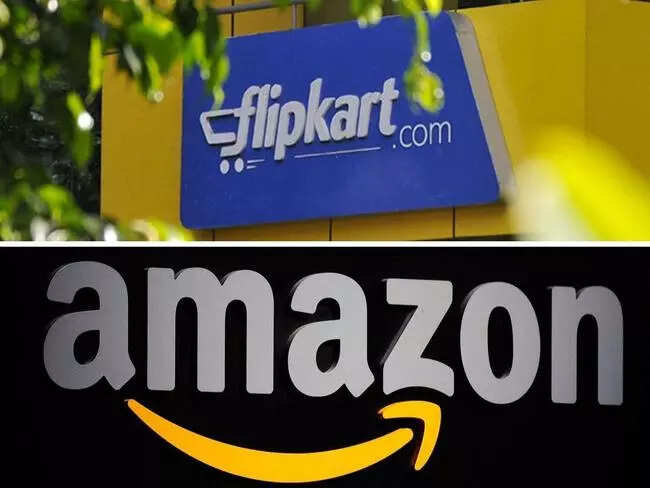Private sector lender Axis Bank reported an all time high quarterly net profit of ₹3,133.32 crore in the second quarter of the fiscal as provisions declined.
This was 86.21 per cent higher than ₹1,682.67 crore in the second quarter of last fiscal.
For the quarter-ended September 30, 2021, the bank’s net interest income grew eight per cent year-on-year to ₹7,900 crore from ₹7,326 crore in the same period last fiscal.
Net interest margin stood at 3.39 per cent compared to 3.58 per cent a year ago.
In a media call on Tuesday, the bank said it expects NIM to improve as growth improves and the bank deploys liabilities more effectively.
Other income grew by 6.4 per cent in the July to September 2021 quarter to ₹3,798.38 crore from ₹3,569.35 crore in the same period last fiscal. Fee income grew 17 per cent year-on-year to ₹3,231 crore in the quarter under review.
Provisions fell by 60 per cent to ₹1,735.09 crore in the second quarter of the fiscal from ₹4,342.82 crore a year ago.
“The bank has not utilised Covid provisions during the quarter. The bank holds cumulative provisions (standard + additional other than NPA) of ₹12,951 crore at the end of the second quarter of 2021-22,” Axis Bank said in a statement on Tuesday.
Gross NPA falls
As on September 30, 2021, the bank’s reported gross NPA stood at ₹24,148,61 crore or 3.53 per cent of gross advances. This was at 3.85 per cent as on June 30, 2021 and 4.18 per cent as on September 30, 2021.
Net NPAs, however, increased to ₹7,199,97 crore or 1.08 per cent at the end of the second quarter from 0.98 per cent a year ago. However, on a sequential basis, it fell from 1.2 per cent as on June 30, 2021.
“On the business front, we are seeing solid progress. We continue our focus on SMEs and mid-corporate segments, and on the retail side we see better disbursements and growth driven by secured products,” said Amitabh Chaudhry, Managing Director and CEO, Axis Bank, adding that consumer and business confidence is likely to trend up in the second half of the fiscal.
The bank’s deposits grew 18 per cent year-on-year to ₹7,36,286 crore while advances grew 10 per cent year-on-year to ₹6,21,719 crore as on September 30, 2021.
Axis Bank said its restructuring amounted to 0.64 per cent of customer assets and was amongst the lowest in the larger peer banks.
It implemented resolution plans in 8,162 accounts with an exposure of ₹2,124.2 crore under the RBI’s Resolution Framework 1.0. Of this, ₹45.77 crore slipped into NPA during the first half of the year and ₹26.51 crore was written off.
Under the Resolution Framework 2.0, the bank has an exposure of ₹2,518.56 crore to accounts where resolution plans have been implemented. This has led to an increase in provisions by ₹680.89 crore.
